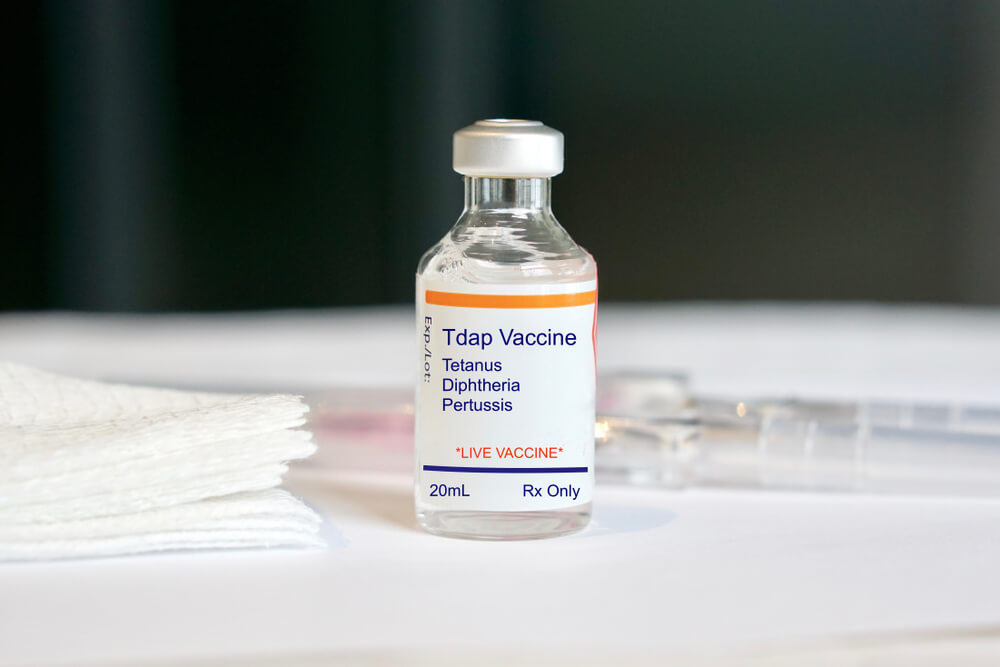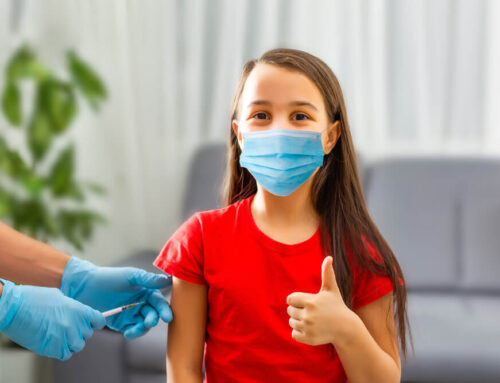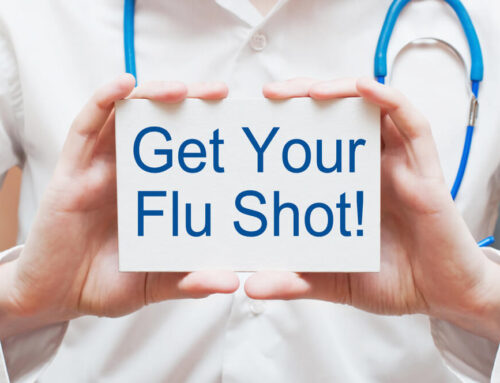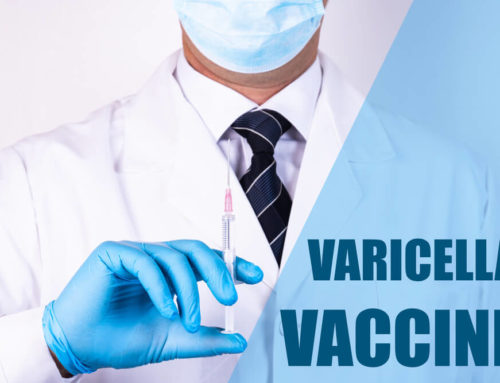You may think that since you were immunized with several vaccines as a child, you no longer need to get immunizations. However, this thought couldn’t be further from the truth.
First, depending on your age, it’s very likely that the recommended vaccine schedule has changed since you were a child. Second, there are new vaccines on the market that may not have been available when you were younger, but may still offer you protection from preventable diseases. And finally, certain vaccines – such as the flu shot or combination vaccines like the TDAP – need to be repeated on either an annual basis or every 10 years to offer you the best disease protection.
In my family medical practice, there are five main vaccines that I recommend every adult should receive in order to live a healthy lifestyle and avoid vaccine-preventable diseases.
To learn more about immunization shots in Hialeah, contact my family medical practice at (305) 614-3677.
The Truth About Vaccines

Unfortunately, there’s a lot of pseudo-science and misinformation circulating on the internet – especially on social media – about vaccine safety. With very few exceptions, such as if you are immunocompromised or have an egg allergy and can’t get an annual flu shot, vaccines are safe for the general public.
All vaccines administered in the United States are first tested and then approved by the Food and Drug Administration (FDA). This government organization runs several months and even years-long tests on all potential vaccines that will be used in the US before releasing them to be used on the general public by family medical practices like mine.
Additionally, the Centers for Disease Control (CDC), which is another governmental organization, researches vaccine safety for particular populations (such as age groups). The CDC then determines which vaccines are safe to give at a specific age range.
The following vaccines discussed in this blog post have all been approved by both the FDA and CDC. Given all this research, the truth about vaccines is that they are completely safe and that all eligible adults should receive them.
Immunizations for Older Adults
Generally speaking, all adults should receive the following vaccines:
- The Flu Vaccine
Every flu season, different strains of the flu infect our communities and get us sick. And while for many the flu is an inconvenient and uncomfortable illness, for others it can be much more serious.
Within an eight-year time period between 2010 and 2018, the flu caused 400,000 hospitalizations in the United States and led to the death of 56,000 Americans. These numbers are especially sobering when you consider that the flu vaccine – which most health insurance companies offer to members free of charge – may have prevented many of these infections from developing in the first place.
- The Meningitis Vaccine
Meningitis is an inflammation of the brain and spinal cord. The illness can be caused by bacteria, viruses, or parasites. Even certain injuries, medications, or medical conditions including certain types of cancer can cause a person to develop meningitis.
Meningitis isn’t a pleasant illness. It causes a host of symptoms including:
- Nausea and vomiting
- A stiff neck that is difficult or painful to move
- Headaches
- Fever
- Mental confusion
- Photophobia, which is the medical term for sensitivity to light
While most people recover from meningitis, the condition is not without serious side effects. Meningitis can leave patients with brain damage and even learning disorders. For this reason, the Meningitis vaccine is one of the immunizations for older adults that you should get.
- The Pneumonia Vaccine
Pneumonia is a lung infection that causes a patient’s lung air sacs to fill with fluid. While treatment can help cure many infected with this illness, adults who are immunocompromised or over age 65 have an increased risk for death after developing pneumonia.
According to the CDC, only 68.9% of adults ages 65 and older have received the pneumonia vaccine. This means over 30% of older Americans are unprotected from this disease, which can be fatal just because of their age range.
If you’re 65 or older, or you are immunocompromised, please schedule an appointment to have a pneumonia vaccine. It’s one of the important vaccines for adults over 50.
- The Shingles Vaccine
About 1 in 3 people will develop shingles at some point during their lifetime. This disease, which causes a telltale triangular rash on your back and serious pain, is not to be taken lightly. And adults who’ve had chickenpox, which most of us have had since the chickenpox vaccine wasn’t available to children until much more recently, are at an even greater risk for developing shingles at some point in their life.
While anyone can develop shingles, your risk for the disease increases with age. For this reason, the CDC recommends all adults over age 50 receive the shingles vaccination. It’s one of the important immunizations for older adults to get.
- The Human Papillomavirus (HPV) Vaccine
Almost all sexually active men and women have had one of the 150 strains of HPV at some point during their lives. Most strains are harmless. Certain strains, however, can cause complications, including:
- Genital warts
- Cancers of the anus, mouth or throat, penis, cervix, vagina, or vulva
The HPV vaccine is a series of vaccinations actually recommended for boys and girls in their preteen years. However, many young adults either didn’t get the vaccine or didn’t receive all immunizations in the vaccine series when they were preteens or teens. Young adults who fit either of these two categories should receive the HPV vaccine.
Women and transgender individuals can get the HPV vaccine until they are age 27. Men can receive the vaccine until they’re 22, though immunocompromised men can receive the immunization until they are 27.
Combination Vaccines to Consider

In addition to the five above-listed vaccines, there are combination vaccines that adults should consider getting on a regular basis.
The most popular of the combination vaccines is the TDAP vaccine, which protects against:
- Tetanus
- Diphtheria
- Whooping Cough
Because whooping cough can be a fatal condition for infants, all pregnant women should get this vaccine between 27 and 36 weeks of pregnancy. This allows both pregnant moms and their in-utero babies to develop immunity against this disease.
The CDC also recommends that every adult get a diphtheria booster shot and a tetanus booster shot every 10 years.
What is the Cost of Vaccines?
Health insurance companies know that the cost of vaccines is actually much, much less than the costs of treating someone with a vaccine-preventable disease – especially for patients who require hospitalization. Additionally, they know there are better health outcomes for their members who never develop these preventable diseases versus those who do get sick and require treatment to fight the disease.
For this reason, many health insurance companies cover the entire cost of vaccines as part of their healthcare benefits. If you’re curious if your health insurance company is going to charge you for one of the vaccines for older adults that my medical practice recommends, you can contact your health insurance benefits line (the phone number of which is typically listed on the back of your health insurance card), or ask our office staff to inquire about your vaccination benefits on your behalf.
Immunizations for Older Adults Are Important
Vaccines are the biggest medical breakthrough in modern times. They prevent countless patients from developing preventable diseases, many of which can lead to serious long term side effects or even deaths. I encourage you to get the vaccines listed in this blog post as part of your commitment to living a healthy lifestyle.







